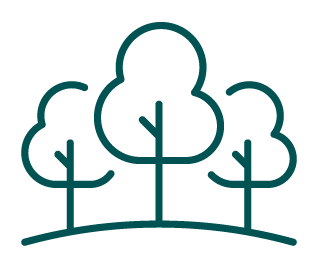Healthier
landscapes
for a
stronger better safer
future
Understanding restoration to prevent disease outbreaks.

Healthier
landscapes
for a
stronger better safer
future
Understanding restoration to prevent disease outbreaks.





The project centers on restoring and maintaining healthy ecosystems crucial for biodiversity and key ecosystem services such as clean air, water, and climate regulation. RESTOREID helps prevent disease spreading, especially those transmissible between animals and humans.
As a collaborative initiative involving multiple partners and utilising advanced research methods, RESTOREID has the potential to generate insights and global solutions that can be applied locally.
RESTOREID uses innovative approaches, such as rapid biodiversity assessments or advances computing to ensure that the project stays at the forefront of scientific research and contributes to advancements in the field.
The project's engagement with policy frameworks, helps bridge the gap between scientific knowledge and practical, policy-driven solutions.